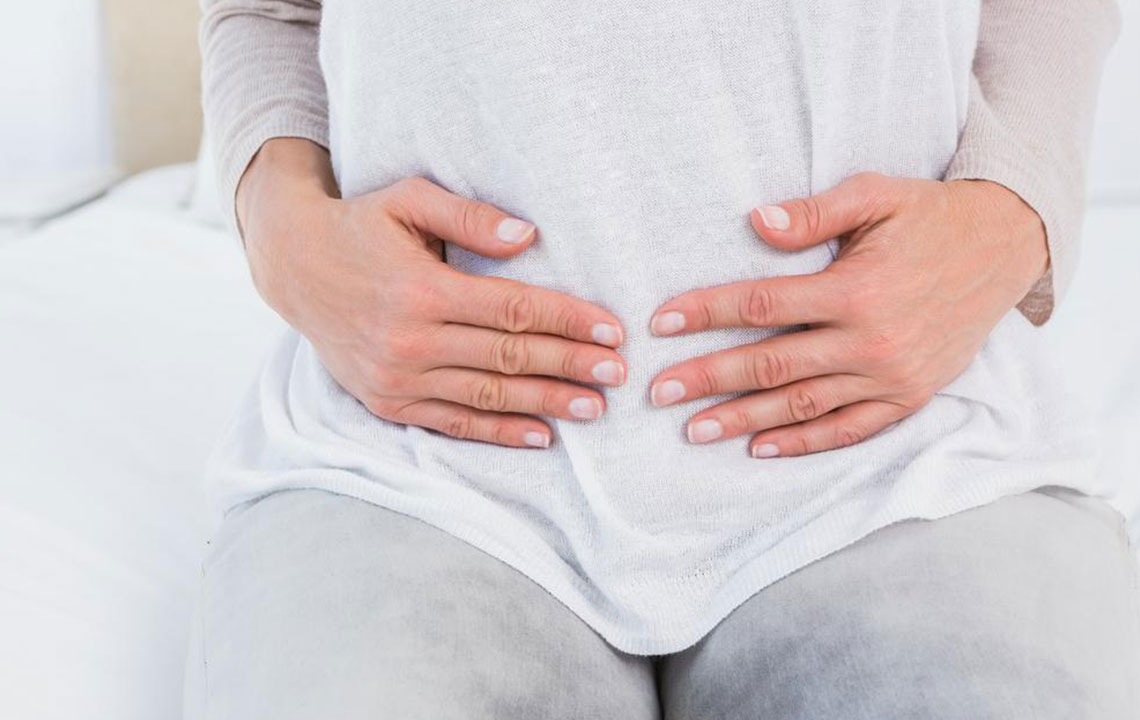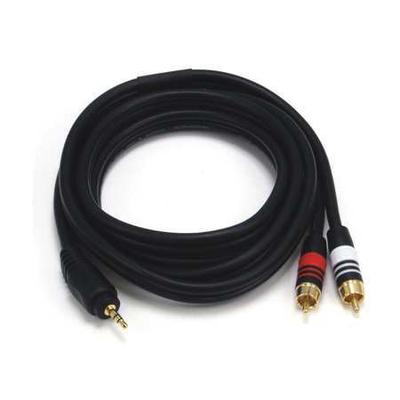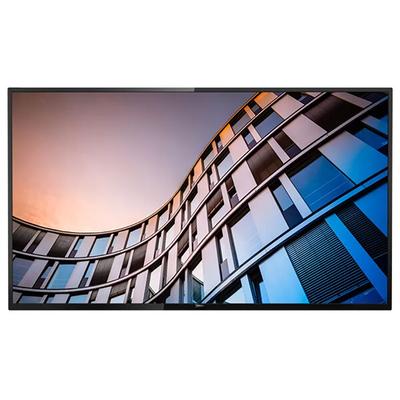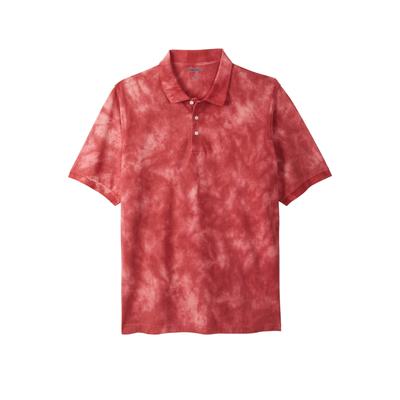H pylori infection and ulcers

One of the leading causes of stomach ulcers is an infection from the Helicobacter pylori (H. pylori) bacteria. Peptic ulcers are open sores on the stomach lining, the duodenum (the upper part of small intestine) and lower esophagus. Hpylori are bacteria that can enter the stomach and thrive inside the organ. Some common H. pylori symptoms are severe and persistent stomach pain, bloating, bad breath, appetite loss, and nausea. It is a very common type of infection the world over. However, often people do not show any H. pylori symptoms for years.
How an H. pylori infection causes ulcers?
The stomach contains acid that breaks down food during the digestion process. A coating protects the stomach from the acid. But H. pylori bacteria damage this protective lining and make it possible for the acid to irritate the stomach. The irritation can cause inflammation and ulcers.
h.pylori symptoms that indicate presence of ulcers can be –
- Persistent stomach pain; can differ in intensity.
- Bloating
- Burping
How do these ulcers cause further damage in the stomach?
Peptic ulcers are open sores. These sores can cause a lot of damage inside the digestive tract.
- The ulcers can bleed and cause further infection. The ulcers can also cause blood vessel damage, which can lead to internal bleeding. Signs of internal bleeding can be bloody stools, bloody vomit, fatigue, dizziness, difficulty breathing and severe stomach pain.
- If the ulcers grow big, these sores can also block food from the stomach to enter the intestines.
- The ulcers also cause a burning or dull ache in the abdomen. The pain can be especially severe several hours after intake of food or on an empty stomach. The pain can last for hours.
Your doctor can perform diagnostic tests for peptic ulcers based on your H. pylori symptoms. These can be a breath test, endoscopy or a stool test. The treatment of peptic ulcers can be through antibiotics and other medicines that inhibit acid production, histamine (substances that produce acid) blockers and coat the ulcers to protect them from acid.
Recent Articles
Recent Questions
What kind of life insurance builds cash value?
The rest of the premium payment will go toward your policy's cash value. The life insurance company generally invests this money in a conservative-yield investment. As you continue to pay premiums on the policy and earn more interest, the cash value grows over the years.
What is meant by insurance plans?
An insurance plan is the one that consists of a premium amount and other components used in getting a product insured. There may be various types of insurance plans with varying terms and policies.
What are the common components of insurance?
The most important components of most insurance plans are the premium and the contract. Anything written in the contract becomes its crucial component.
What are the various types of insurance policies?
There are various kinds on insurance policies that are available on various assets. Auto, health, commercial vehicle, and travel insurance are some of the popular types of insurance policies.








